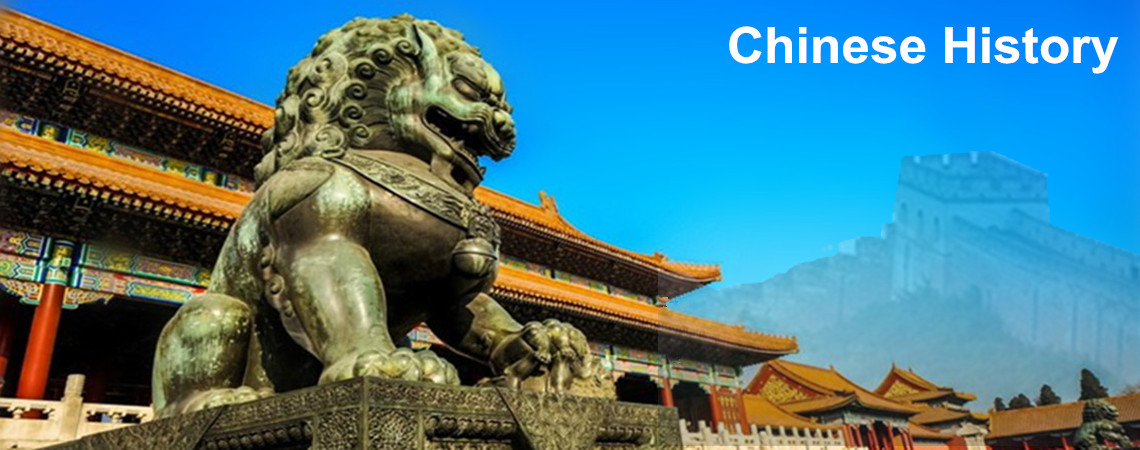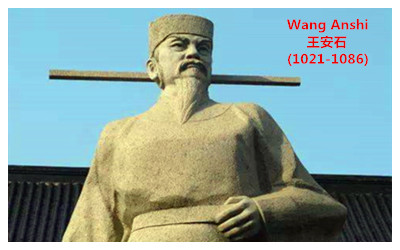
Wang Anshi 王安石, writer in the Song Dynasty
 Wang Anshi (王安石1021-1086), also named Wang Jiefu, nacked Banshan. was from Linchuan of Fuzhou (now in Fuzhou City of Jiangxi Province). Wang Anshi began to become an official when he was 21 years old. At the age of 49, he became the prime minister and presided over the reform. The reform failed because of opposition from the old power officials. When he was 65 years old, he died of illness in Zhongshan (now in Nanjing). Wang Anshi was not only a famous thinker, politician, reformer, but also a famous writer in the Northern Song Dynasty.
Wang Anshi (王安石1021-1086), also named Wang Jiefu, nacked Banshan. was from Linchuan of Fuzhou (now in Fuzhou City of Jiangxi Province). Wang Anshi began to become an official when he was 21 years old. At the age of 49, he became the prime minister and presided over the reform. The reform failed because of opposition from the old power officials. When he was 65 years old, he died of illness in Zhongshan (now in Nanjing). Wang Anshi was not only a famous thinker, politician, reformer, but also a famous writer in the Northern Song Dynasty.
The prose of Wang Anshi (1021-1086) focuses on the problems of society, politics and life, becoming also a weapon in his political struggles. "A Letter in Reply to Sima Guang" interpreted Sima Guang's oppositionto new policies, while also expressing his own political opinion. The articlewas written in simple, flowing but firm, and clear language. "Reflectionson the Life of Prince Mengchang" refuted Mengchang's traditional ideasabout supporting advisers through analyzing historical facts, whileexpressing his own opinion on obtaining advisers. "Sorrow forZhongyong" stresses the importance of knowledge acquired throughdiligent study.
Travelogues accentuate a writer's literary talent and tastes. But WangAnshi's travelogues still gave prominence to argument. For example, in "Traveling to Mt. Baochan," the author spends almost half of the text to argue for the following principal: one who wants to achieve super successhas to make super efforts and with above-normal resolve - with no other shortcut.Most of Wang Anshi's prose are writings in argument form. He appealed to readers, rarely by resorting to sentiment but through incisive analyses of current socialills and unequivocal assertions. Therefore Wang's prose is generally forceful and logical. His language is simple, concise and profoundly conceived.







 Ask Questions ?
Ask Questions ?